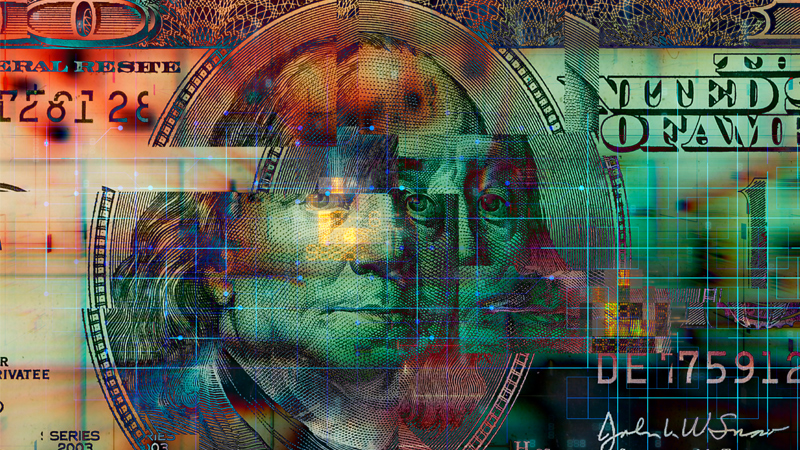The debt to GDP ratio in Japan is over 200%. The US debt-to-GDP ratio is only around 125%. If Japan is doing fine, why should we worry here in the US?
Does the massive national debt matter?
A lot of people don’t think it does, at least not yet. They point to Japan as an example of a country that has a much higher debt-to-GDP ratio and is doing fine. Peter Schiff said they’re looking at the wrong country. The US is more like Argentina than Japan.
The debt to GDP ratio in Japan is over 200%. The US debt-to-GDP ratio is only around 125%. If Japan is doing fine, why should we worry here in the US?
Peter notes the fact that Japan isn’t really doing “fine.”
“They’re having a problem right now in Japan. They’re on the cusp of a crisis.”
The yield on a 10-year Japanese Government Bond is up to 8.7%. The yen recently broke the 150 mark. Meanwhile, price inflation is ratcheting up.
“Don’t say, ‘Hey, Japan got off scot-free.’ They didn’t. They’re about to get their come-uppins.”
Peter said the US is in a different situation than Japan and it will get its come-uppins sooner. It will never get to a 200% debt-to-GDP ratio. The US won’t even get to 150%.
Why not?
Peter said the big difference between the US and Japan is that Japan is a net creditor and the Japanese people save at a much higher rate than Americans.
“The world owes Japan a lot of money. Japan has a lot of that money in US dollar assets — in US Treasuries, in US mortgage-backed securities. Japan is going to sell and is selling those assets to try to mitigate the damage. Because Japan was so wealthy, and didn’t have to borrow from abroad, they were able to run up their debt higher before the crisis happened. That doesn’t mean they’re not going to have a crisis. They just had more rope before they finally hung themselves with that rope.”
The US doesn’t have as much rope because the country is broke.
“We owe the world. We owe the world a fortune. We depend on the world to buy our paper, to buy our Treasuries. That’s our biggest export — our debt — our dollars and our debt. If we can’t export that anymore, the economy doesn’t function anymore. It’s built on that whole foundation, which is in the process of collapsing. So, you can’t draw some false comfort in the fact that Japan got away with it to 200% of GDP, or whatever it is, so we can too. We’re not Japan. We are worse. We’re Argentina.”
The Argentinian central bank is also in a war against price inflation it can’t win. It recently raised its interest rate to 133%. And that’s still below the country’s inflation rate.
“Even though they have interest rates in the triple digits, it’s not going to work. It’s not going to stop inflation. The budget deficits are rising in Argentina. The national debt is rising. So, inflation is not going away. These rate hikes aren’t going to stop it because they can’t change the dynamic of government spending. We are in the same predicament.”
Some people will say you can’t compare the US and Argentina. Peter said, “Sure we can.”
“The laws of physics work in America the same way they work in Argentina. Economics are laws. We have the same consequences.”
Peter noted that at one point, Argentina was one of the wealthiest nations in the world.
“So, Argentina wasn’t always broke. They are now. So, if it can happen to Argentina, it can happen to America if we’re doing the same exact thing that they did – running these big deficits, printing all of this money.”


